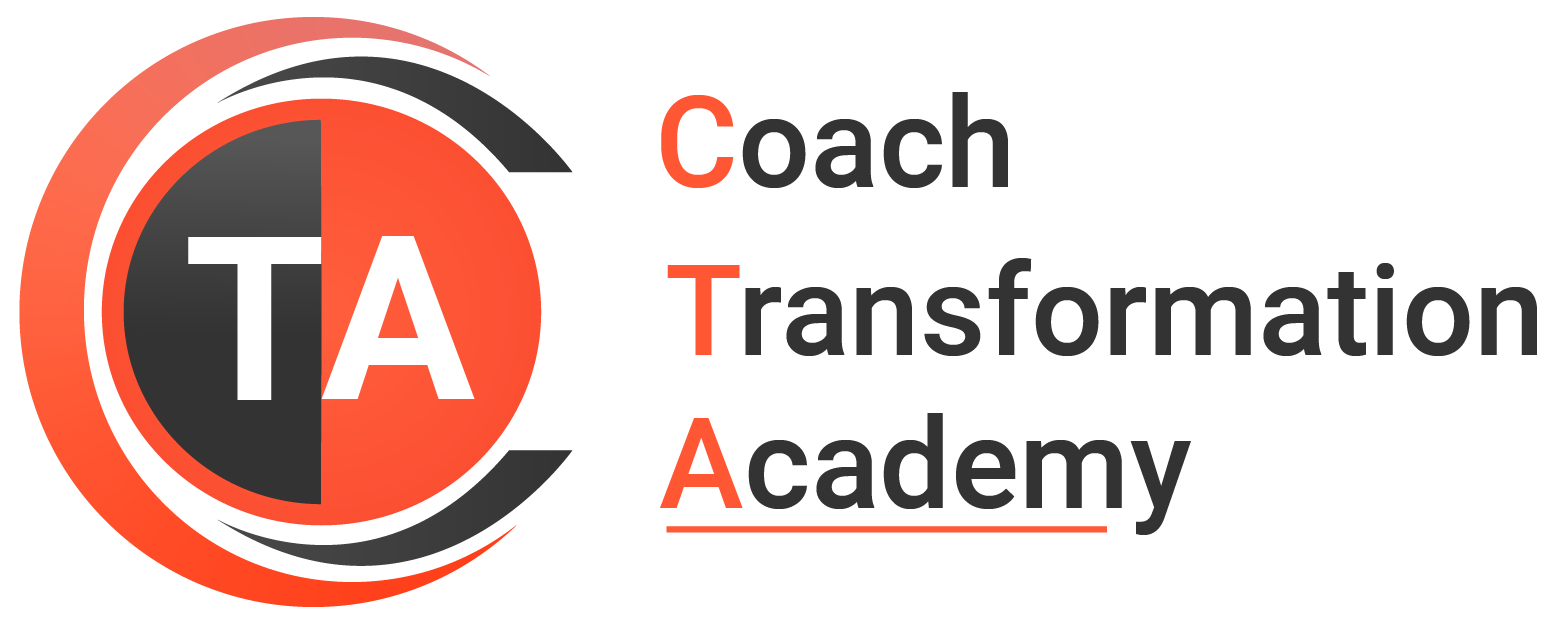I expect to be able to assess myself and gain clarity regarding inner thoughts and be able to organize my thoughts. In addition to learning the do and don’t, the tools and strategies to be used and applied in coaching, learn to get, choose, and identify the right clients, build a coaching network, and eventually launch my own business.
Up till now, I’ve learned to define coaching and identify what is coaching and what is not, and able to differentiate between coaching and other categories such as mentoring, counseling, consulting, training, teaching, feedback, and supervision. All are under the umbrella of telling approach, whereas coaching is an asking approach, but all together are professional conversation skills. The most important is that coaching is NOT helping, it’s partnering with a client at the same level in a thought-provoking manner that can help the client open up – a creative process (as in creating new perspectives, strategies, alternatives) that inspires the client to maximize his/her personal and professional potential (as uncovering the hidden unnoticed by self but noticed by others).
Coaching, mentoring, and training address the what and how, whereas counseling addresses why to provoke past-memories as used in therapy from a psychological perspective. Consulting addresses how and advice telling. Feedback addresses why it also talks about the past. I’ve also learned the professional coaching relationship, an ICF professional coach, client, sponsor, and student.
As a coach, I believe that each person is unique and has his own thoughts and belief system and doesn’t reflect the world. Everyone makes the best choice available to them when they make it, and behind every behavior lies an unconscious positive intention. A person should consider a past-experience for feedback with no reflection on failure. Everyone communicates from their point of view from a different perspective. I firmly believe that there is a solution to every problem, and I experienced that on a personal level in all the issues that I’ve considered on a conscious level. Each person has all the resources deep within that he/she needs shall he/she realize it or not, yet. The more flexible the person is, the greater influence this person will have.
The body and the mind are deeply related and are part of the same system. The past doesn’t define our future but would instead be used to filter and sort information. If someone can do it, then I can do it. What we recognize in others mirrors the structures we hold within ourselves.
My mission is to apply my firm beliefs in a fruitful well managed, eye-opening, self-discovering coaching process that meets the requirements of a successful one with the desired outcome of the client and experiencing the different perspectives, angles, and alternatives throughout the coaching journey alongside with creating a safe psychological environment and unconditional positive regard.
On a scale of 100 on the coaching relationship behavior indicator, I fit 92%. I fail to enjoy tasks that are physically demanding and enjoy work under pressure and to guidelines, which consider working on empowering myself regarding these issues to finally meet the criteria of a life coach as a pre-course self-reflecting image.
Throughout the training, I’ve learned when to accept a client and when to refer out a client according to their showing behavior and attitude that are defined as top ten indicators. Such as unable to feel joy and sadness is all the experience, and if suicidal, death thoughts appear, harmful either to themselves or others, outburst anger, feeling despair and hopeless, the intense feeling of guilt, sleeping issues, concentration and focusing issues. And most important not to accept a client that doesn’t have the sincere will to change and take actions, and a client who already has visited many coaches before.
I will start with a discovery session if needed until the coachee is ready to open up, create a safe, positive environment, respect his space, and build a trust-based comforting relationship. Coaching is not helping; it is honoring the client. The client is the expert and is in control throughout the whole process.
After identifying the right client, comes the stage of the agreement between the coach and the coachee that define both sides’ roles during the coaching process, the fees included. This confidentiality abides the client’s country laws and regulations and clearly shows the options of termination for both parties and the schedule and duration of the agreement and approved by the client. After this agreement, the coaching journey begins. Each session also needs a verbal agreement of the session’s objective, and the objectives must be clear.
After building a comfortable and trusting relationship with the client the aim now is to define the most irritating problems for the client by the client him/herself, using the wheel of life chart in which the objectives are stated, the objectives not only need to be smart but smarter. Smarter stands for specific, measurable, achievable, realistic, time-related, exciting, and rewarding. The objective must be specific of what the client what to achieve? And what outcome the client desires and aims to fulfill?




